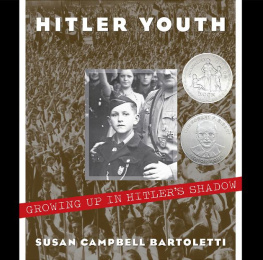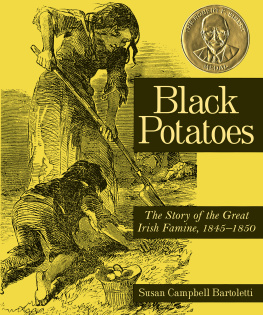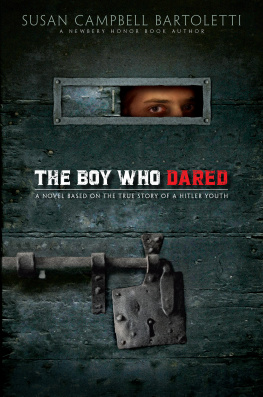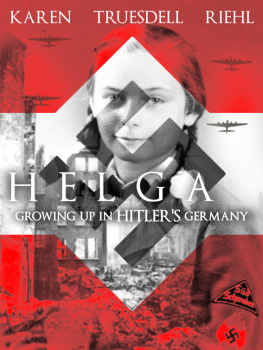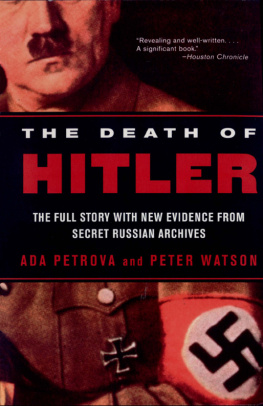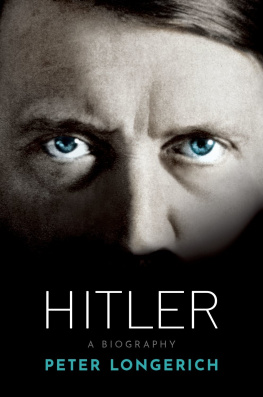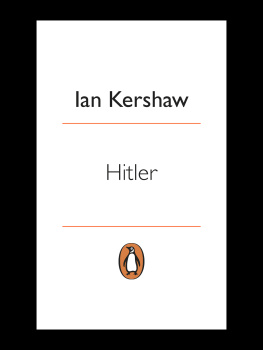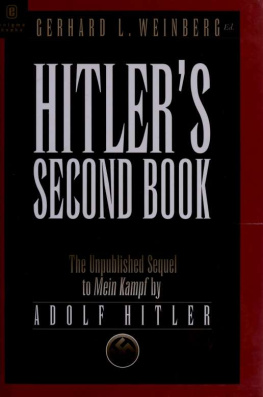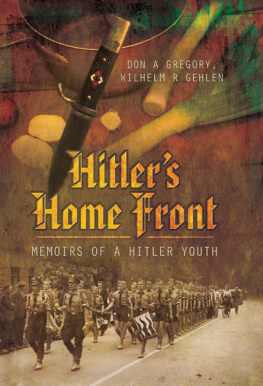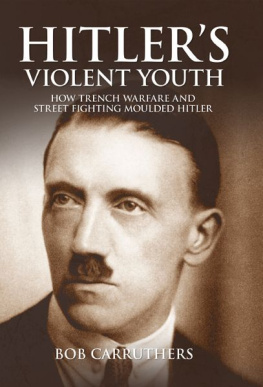ON JANUARY 30, 1933, Adolf Hitler was appointed chancellor of Germany, thanks largely to the efforts of the Hitler Youth, whose organized propaganda marches throughout Germany helped the Nazi Party grow in strength. By 1939, it is estimated that more than seven million boys and girls belonged to the Hitler Youth.
Hitler Youth: Growing Up in Hitlers Shadow is the riveting and often chilling tale of a generation of young people who devoted their energy and passion to the Hitler Youth organization and left an indelible mark on world history.
Award-winning author Susan Campbell Bartoletti infuses the work with the voices of both former Hitler Youth members and young people who resisted the powerful Nazi movement. These voices stand alongside those of Jewish youths and others who were senselessly and brutally targeted by the Third Reich. What emerges is the story of average children and teenagers faced with extraordinary and unenviable choices. The paths taken by the Hitler Youth and their struggle to come to terms with their actions at the end of World War II are sure to spark debate among young readers faced with the question of whether the horrors of Hitlers Germany could ever cast dark shadows again.

A Newbery Honor Book
A Sibert Honor Book
Bartoletti ( Kids on Strike! ) offers a unique and riveting perspective on WWII by focusing on the young people who followed Hitler from 19331945.
Publishers Weekly, starred review
Nonfiction writing at its best. Essential for WWII collections as well as teaching units on conformity, peer pressure and resistance.
Kirkus Reviews, starred review
Bartoletti lets many of the subjects words, emotions, and deeds speak for themselves, bringing them together clearly to tell this story unlike anyone else has.
School Library Journal, starred review
This solid offering deserves wide readership by todays young people, and it is certain to promote extensive discussion.
The Bulletin of the Center for Childrens Books, starred review
The power of the account is matched by the many period candid and propaganda photographs, well-married to the text by strong captions and placement and an unobtrusive but period-evocative Art Deco page design.
The Horn Book, starred review
Bartoletti draws on oral histories, diaries, letters, and her own extensive interviews with Holocaust survivors, Hitler Youth, resisters, and bystanders to tell the history from the viewpoints of people who were there.
Booklist, starred review

For my mother, with love.
CONTENTS


Alfons Heck
Alfons Heck (right) was born in 1928 in Wittlich, a small Rhineland village in western Germany. At age ten, Alfons attended the Nazis Nuremberg rally, where he listened, spellbound, as Adolf Hitler spoke. In 1944, at the young age of sixteen, Alfons commanded more than eight hundred Hitler Youth. As the Allied forces closed in, he led Hitler Youth and others in the defense of Germany.
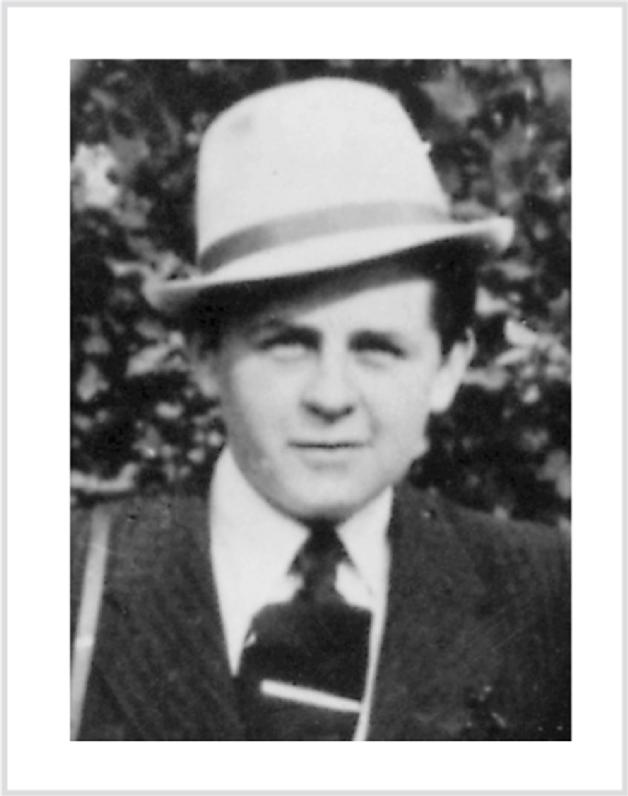
Helmuth Hbener
Helmuth Hbener was born in 1925 in Hamburg, Germany. Sixteen-year-old Helmuth and his two best friends, Karl Schnibbe and Rudi Wobbe, broke the German Radio Law, which forbade Germans from listening to foreign radio stations. When Helmuth realized that the Nazis were lying to the German people, he printed anti-Nazi leaflets that passed on the foreign news to othersa crime punishable by death under Nazi law.
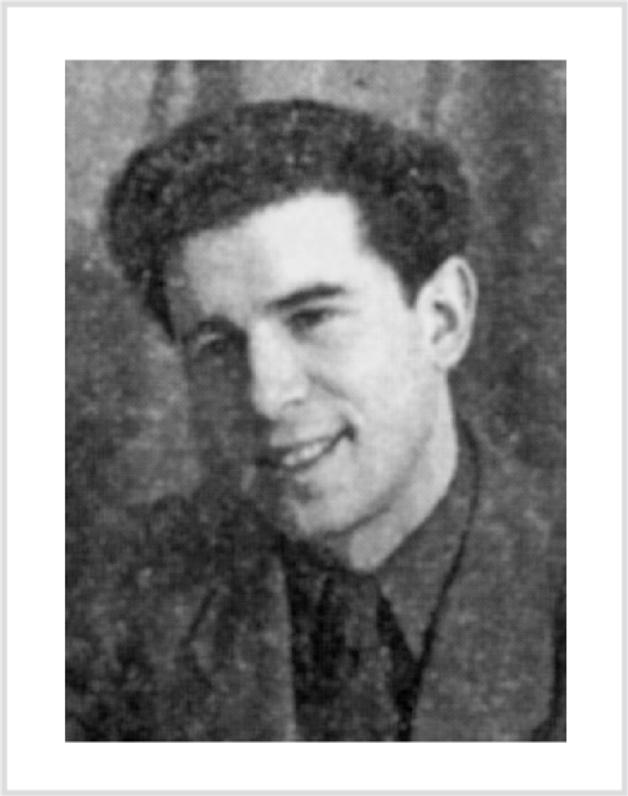
Dagobert (Bert) Lewyn
In 1923, Dagobert (Bert) Lewyn was born in Berlin, Germany. As a Jew, he suffered humiliation and persecution at the hands of the Nazis and the Hitler Youth. Bert was eighteen when his parents were deported to a death camp in 1942, leaving him to work as a forced laborer for the Nazis in a Berlin munitions factory.
Melita Maschmann
In 1918, Melita Maschmann was born in Berlin, Germany. When Hitler came to power, her parents forbade her to join the Bund Deutscher Mdel, or BDM, the girls branch of the Hitler Youth. Convinced that Adolf Hitler and the Nazi Party would better Germany, fifteen-year-old Melita disobeyed her parents and sneaked out to weekly BDM meetings.

Henry Metelmann
Born in 1922, Henry Metelmann lived in the small town of Altona, near Hamburg in northwest Germany. Despite his fathers disapproval, he joined the Hitler Youth. When war broke out in 1939, sixteen-year-old Henry was eager to fight. He became a tank driver and saw action in France, Russia, Poland, and Austria.

Herbert Norkus
Herbert Norkus was born in 1916 and lived with his father and younger brother in Moabit, an impoverished Berlin neighborhood. His mother forbade him to join the Hitler Youth, but after her death in 1931, fourteen-year-old Herbert joined. He campaigned to get Nazis elected to office.

Karl-Heinz Schnibbe
Karl-Heinz Schnibbe was born in 1924 in Hamburg, Germany. He thought the Hitler Youth sounded like a great deal of fun, so he joined eagerly when the Nazis enlisted eligible boys in his neighborhood. However, he soon tired of the rules and discipline. With his two best friends, Helmuth Hbener and Rudi Wobbe, Karl protested the Nazi regime.

Elisabeth Vetter
Elisabeth Vetter was born in 1931 and attended a Catholic school in Rtz, a village in southeastern Germany, near the Czechoslovakian border. When Elisabeth was eight, her mother and father scolded her for her loyalty to Adolf Hitler. Elisabeth told her Hitler Youth leaders on her parentsan action that led to their arrest.

Rudolf (Rudi) Wobbe
Rudolf (Rudi) Wobbe was born in 1926 in Hamburg, Germany. Along with Karl Schnibbe and Helmuth Hbener, fifteen-year-old Rudi listened to foreign radio broadcasts and distributed anti-Nazi leaflets.

Inge, Hans, and Sophie Scholl
The Scholl children lived with their parents in Ulm, a small town near Stuttgart in southern Germany. The oldest, Inge Scholl, was born in 1917 and was sixteen when Adolf Hitler came to power. Inge and her two brothers and two sisters joined the Hitler Youth eagerly, despite their fathers misgivings. Inges younger brother Hans Scholl, born in 1918, commanded a unit of 150 boys, but soon rebelled against the conformity and loss of individual rights. Hanss younger sister Sophie Scholl shared his feelings. Born in 1921, Sophie loved Germany but also detested the lost freedoms under the Nazi regime. While students at the University of Munich, Hans and Sophie joined with others in a dangerous campaign against Hitler, the Nazis, and the war.
Next page
